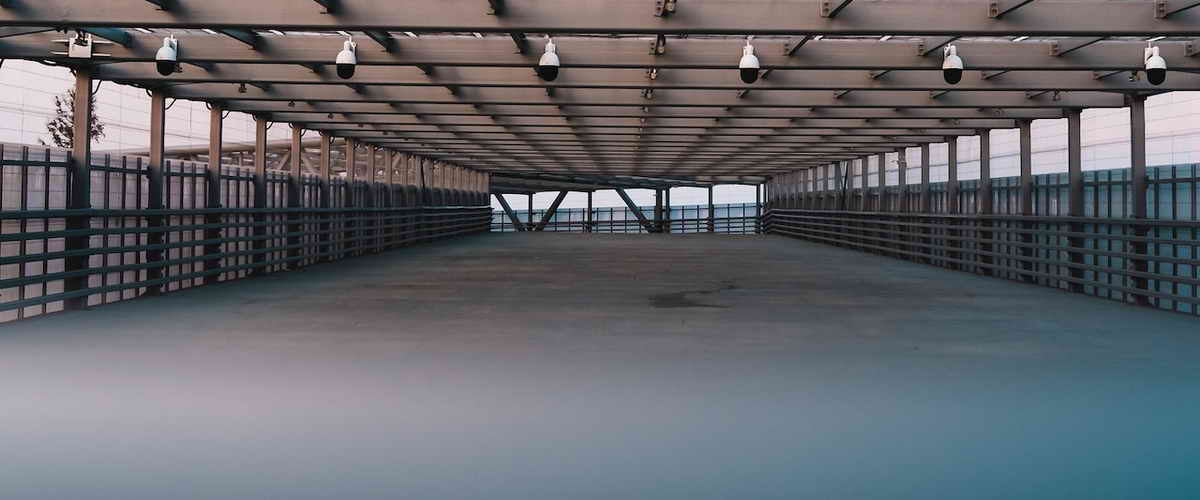
Overview
When searching for new, dependable flooring, most families place a high priority on durability. Along with picking a gorgeous style and a price range you can afford, it is also always important to be sure your new flooring will withstand the hectic lifestyle of your house and its daily activities. The good news is that there are plenty of flooring options available today that are both attractive and long-lasting.
However, it may be challenging to know where to start given the wide variety of attractive and long-lasting flooring alternatives available. Fortunately, we, the experts, at your neighborhood ExtremeEpoxyCoatings are on hand to help you decide amongst the available alternatives and discover the ideal new floors for your house.
However, let us present you with an amazing flooring material, polyurethane or urethane cement.
What is Polyurethane or Urethane Cement?
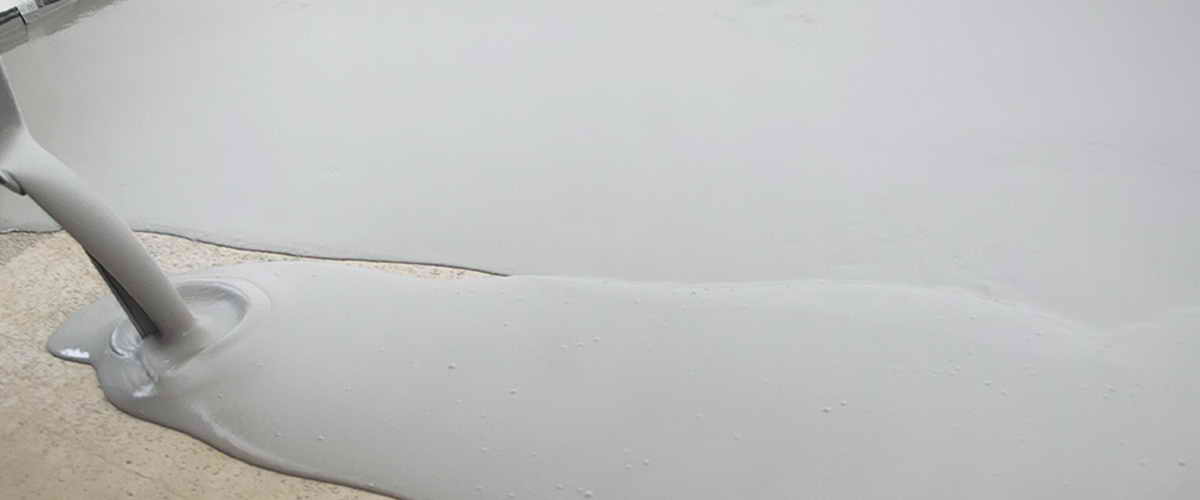
Polyurethane or urethane cement is a combination of polymer urethane technology with portland cement and other aggregates to create a smooth durable flooring system.
Polyurethane cement, as its name implies, consists of layers of polymer binder, cement, and aggregates to resist floor and wall cracking and withstand heat, traffic, and heavy machinery, thus, it is very appropriate in industrial facilities and on industrial floors.
It is the toughest flooring system because it is safe, has a low maintenance cost, and has a lasting duration. It is non-slippery, resistant to moisture vapor, chemically resistant, and does not fade on exposure to ultraviolet sunlight. It is a solvent-based cement and also very more elasticated.
A polymer urethane resin technique that binds tailored cement powder aggregate to create high-performance and long-lasting flooring is known as urethane concrete. It is a sophisticated method of coating industrial concrete floors.
Polyurethane or Urethane Flooring System
The composition of the polyurethane cement gives a seamless flooring system – a smooth surface, which makes up for its strong flooring covering that is extremely resistant to thermal shock and protects the surface from humidity, high-temperature fluctuations, chemicals, and harmful microorganisms.
A polyurethane floor is resistant to corrosion, chemical alkalis (both organic and inorganic), and other solvents, thus protecting the floor covering from stains or erosion. An especially unique characteristic of this flooring is its ability to withstand the extremes of temperature conditions.
It does not crack or even buckle under humid or extreme temperatures. It is in fact a very protective flooring system. Polyurethane flooring as a seamless flooring system can be modified to either extend or reduce its life span or durability span as well as the total curing time span.
Polyurethane or urethane is considered a high-performance flooring coating. It is very flexible and elastic. It’s also softer and gives an abrasion-resistance factor, hence it is often applied over an epoxy floor as a protective non-scratch layer. It can also act as a protective waterproof surface for the safety of the cement.
It is also chemically reactive to moisture, both in the atmosphere and in the substrate. It is also very reactive to dust and other microorganisms. Cementitious polyurethane needs a strong anchorage before applying the floor coating to avoid troubles with the flooring system. It can also act in the capacity of a crack-bridging layer, providing no cracks in the floors. Polyurethane flooring is subdivided into either water-based or oil-based flooring. It can be used both for commercial and domestic purposes because of its absorption power, cushioning energy, noise reduction, and fast installation process.
Commercial and Industrial Use of Polyurethane Flooring
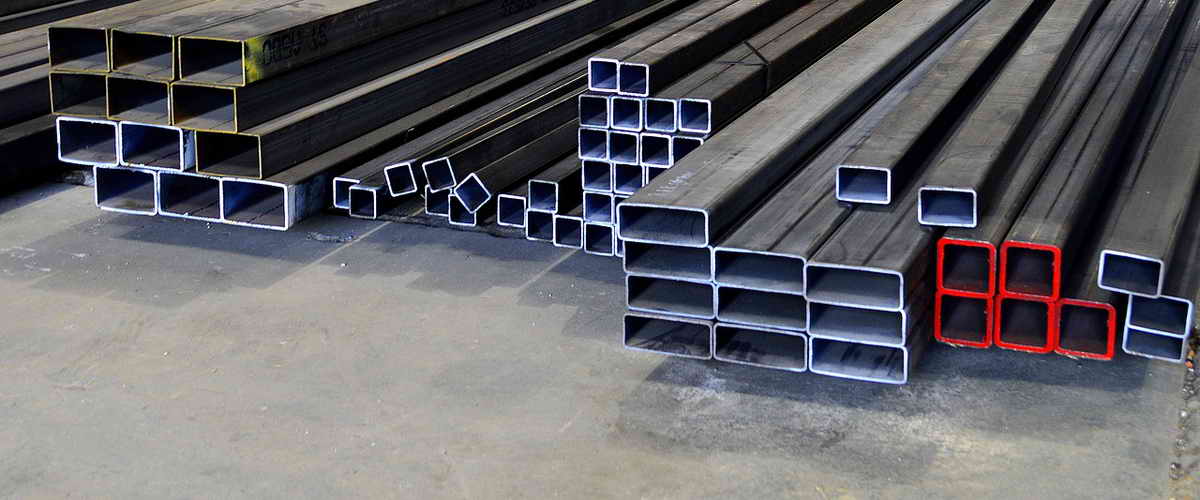
Polyurethanes have a variety of usages, including commercial and industrial facilities. Urethane concrete can be used in interior and exterior settings, especially aliphatic polyurethane because of its resistance to ultraviolet rays and its aesthetic quality.
In food and beverage factories, polyurethane flooring is ideal because of its hygienic solutions to both wet and dry areas as well as in freezing chambers where it provides elastic properties to support the movement of heavy pallet trucks without cracking. It is suitable in gyms, schools, loading ramps, and other commercial spaces.
Epoxy Flooring
The most basic description of epoxy flooring refers to a flooring surface made up of several layers of epoxy that are put to a floor with a minimum two-millimeter depth. When correctly blended, epoxy glue and hardener react with one another, forming a chemical bond between each material and the floor itself.
Epoxy flooring is composed of polymer resins and hardeners which react together to form a strong bond with each other and with the floor. This creates several layers of epoxy that are at least 2 millimeters thick which makes it durable, leveled, and shiny. It is a solution that is very feasible, highly resistant to impact, and customizable. It works well in commercial, industrial and residential areas where flooring systems must be at their best. There are types of epoxy flooring which include self-leveling epoxy floors, epoxy mortar floors, quartz-filled epoxy floors, epoxy flake floors, and even anti-static epoxy floors otherwise called the electrostatic charge (ESD) resistant floors which can be applied to reduce any static hazards in home spaces.
Polyurethane and Epoxy Flooring
Both polyurethane and epoxy are viable coating options, and they can be combined (polyurethane topcoat placed over epoxy) to offer the best resistance for industrial or commercial concrete floors that will be subjected to heavy traffic or persistent exposure to harsh, harmful chemicals. One significant distinction between polyurethane and epoxy is that the former is far thinner, only 2 or 3 miles thick, and contains roughly 60% or 70% solids.
The substance transforms into a sturdy solid when heat is applied, producing a high-performance floor surface. Conversely, epoxy also effectively protects against hot tire pick-up, scratching, and wear from abrasion. Comparing the material to its floor coating equivalent, it is comparatively more affordable and easier to install.
Conclusion
Because installing flooring in a home is an expensive and time-consuming project, it is obvious that picking a material that will last for several years is better. Our company stays ahead of the pack when it comes to urethane flooring services in California.
Our team of skilled and experienced technicians at ExtremeEpoxyCoatings is here to help you every step of the process, whether you are looking to replace the floors in your entire home or are only looking to renovate the flooring in your bathroom.
Our expertise at ExtremeEpoxyCoatings is one of a kind because we do not just give you a sterling flooring experience, but also offer advice on the best and most ideal flooring options available for your utility. This is why it is important and very necessary for you to work with us and in fact, refer friends and acquaintances to us.
We want all our clients to attest to the fact that ExtremeEpoxyCoatings is simply the best!

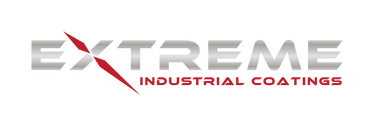
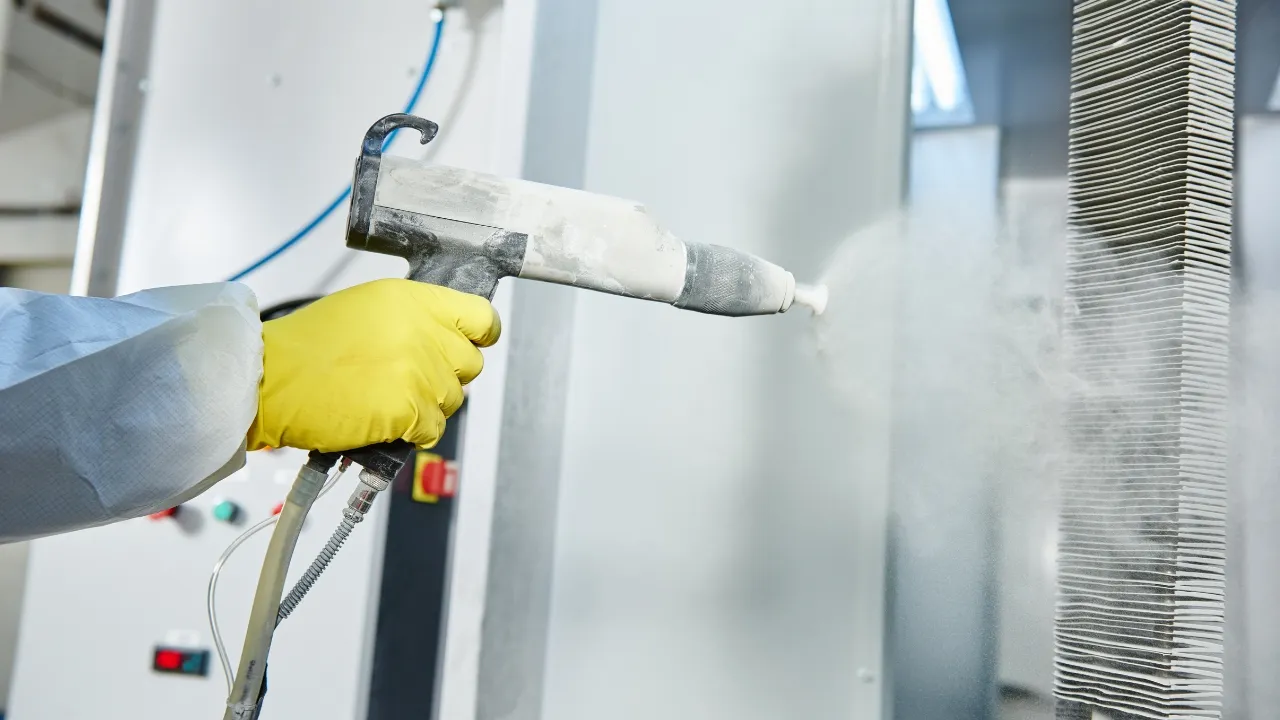
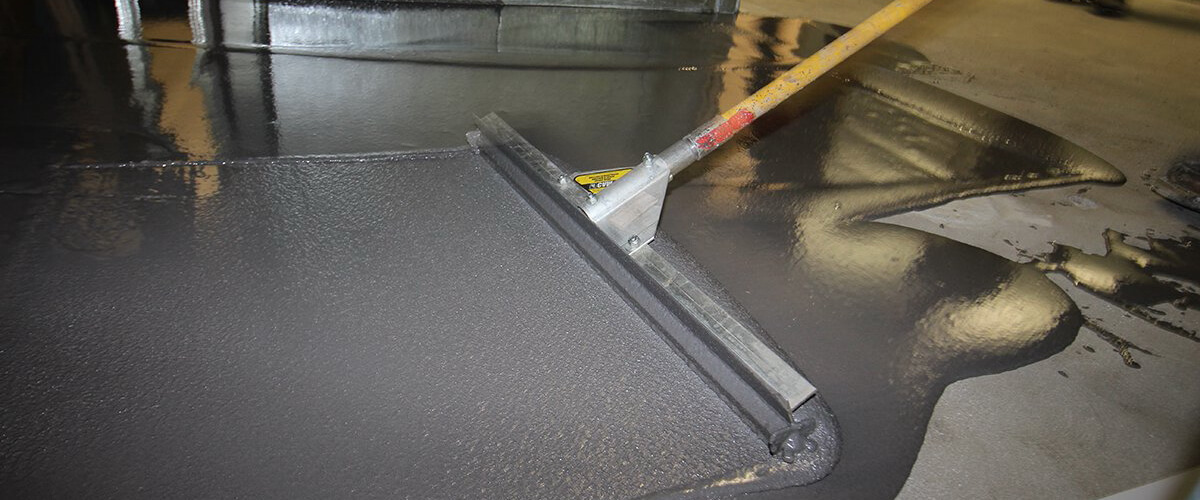
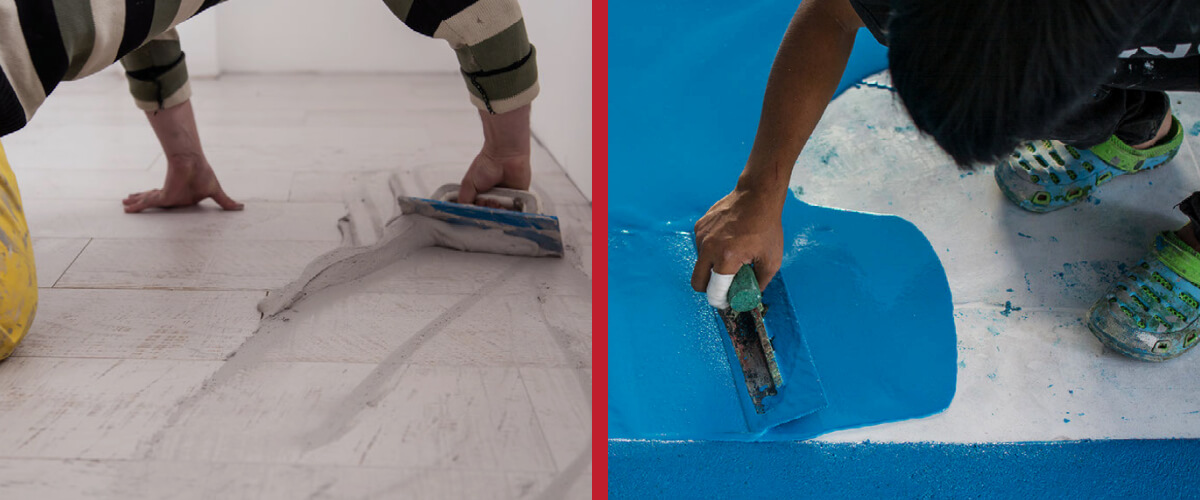
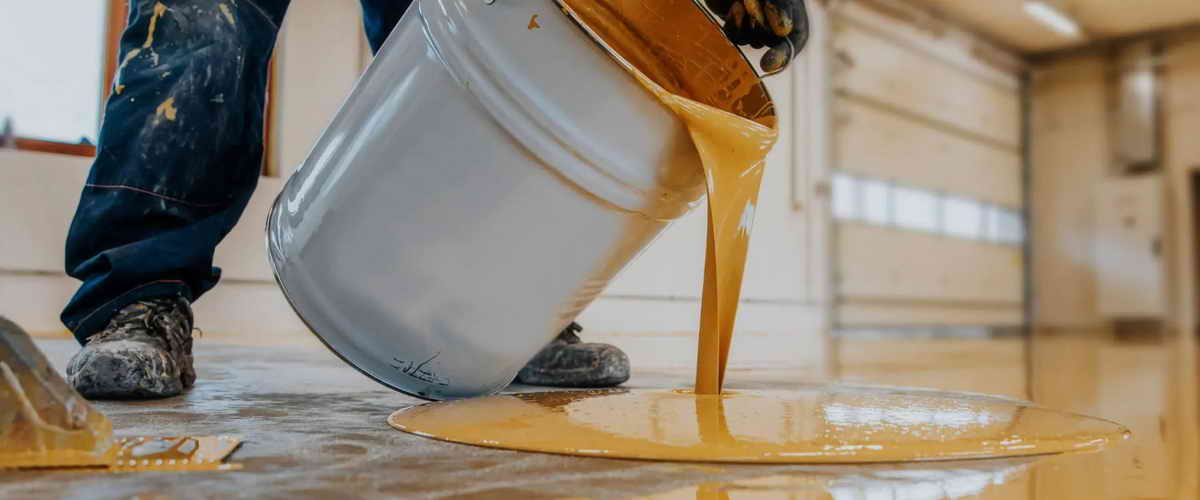
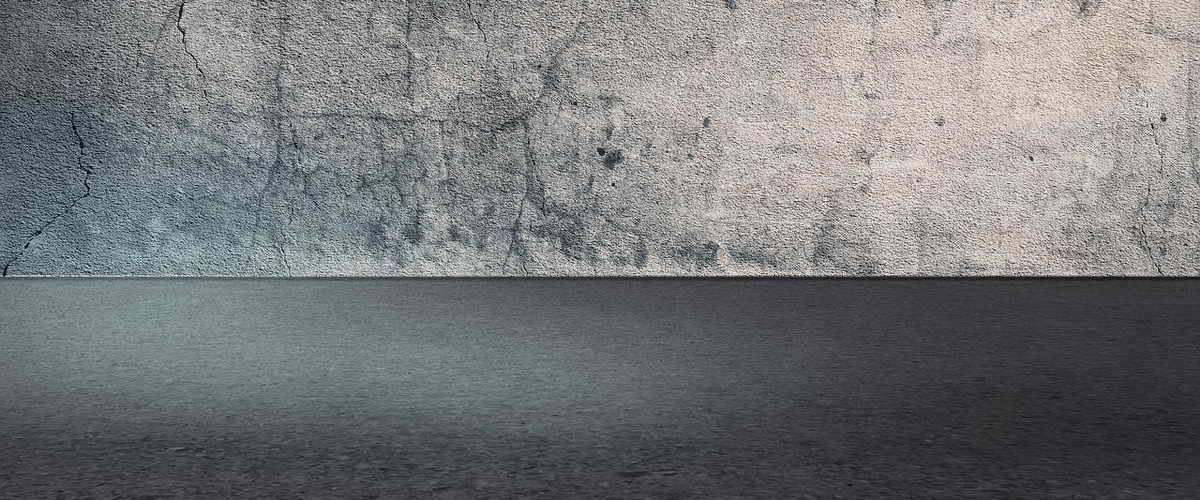
Leave A Comment